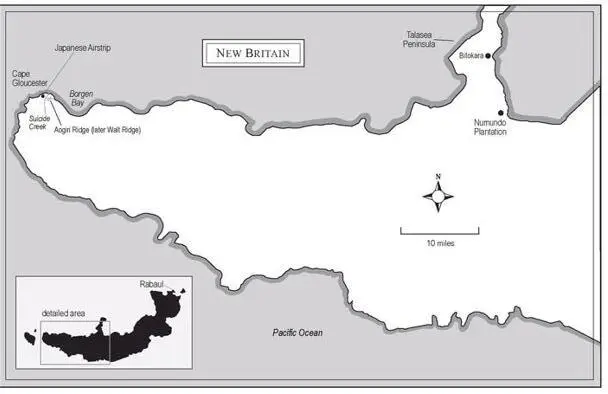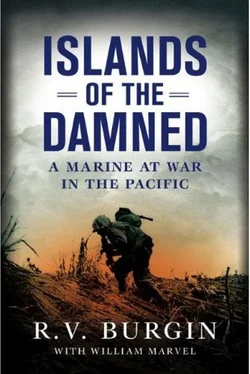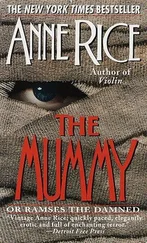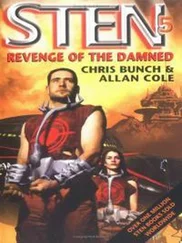We were left to mop up the ridge and the Seventh Marines’ Third Battalion fought its way up another high point, Hill 660. After that they gave us all a rest. We’d been at it for two weeks.
From that point on the Japs were finished on New Britain. There was no place for them to go except east through the jungle, back to their big naval base at Rabaul—and our planes had bombed that into uselessness.
We had plenty of fighting ahead of us. But for now, we came out of the jungle down to the edge of the airfield, which was in our hands, and went into reserve. It scarcely seemed possible, but the rains started coming harder, thirty-six inches in one twenty-four-hour period. I’d never seen so much rain. We stayed wet so long my little toenails rotted off. Our clothes mildewed and stank. We stank. The only time we could bathe or wash our clothes was if we crossed a stream or found ourselves near the ocean.

The Marine Corps had discovered the convenience of hammocks. You’d tie them between two trees and they’d keep you out of the mud—if the rain hadn’t rotted the strings. Sometimes at night you’d hear a rip and a splat and a lot of cussing. If it was raining you could drape a rubber tarp over you to keep dry, and you’d have a net to keep off the mosquitoes. You had to zip it open to get in and out.
Sometimes the zipper didn’t work fast enough.
New Britain was crawling with land crabs. After the first few weeks we had a new man join us on the island, George Sarrett. George was from Dennison, Texas, and I don’t believe George was afraid of anybody or anything. Not the Japs, not the Devil himself. But a land crab could run him off the face of the earth. George was sound asleep in his hammock one day. The land crabs were scrabbling around and I picked one up and slipped it into George’s hammock. He had his trousers on but no shirt. It wasn’t long before that land crab had skittered up his trousers and out across his chest.
Sarrett came out of there with his KA-BAR knife, slashing that mosquito net from one end to the other. Just— whoosh —and he was out of that hammock. Didn’t make a sound.
I never did tell him who put that land crab in his hammock.
I thought the mosquitoes were worse than the land crabs. We joked that the big ones would hold you down while the little ones sucked you dry. We had a mosquito repellant but it was absolutely pungent. You’d pour a little bit out of a bottle into the palm of your hands and spread it around. It would keep the mosquitoes off, but you could hardly live with yourself. It was hard to tell what was worse, the mosquitoes or the smell.
We were also fighting a more serious problem. We called it “jungle rot.” It was a fungus that would invade your armpits, ankles and crotch, and spread beneath your belt. Damp underwear seemed to promote the fungus, so some stopped wearing underpants—those whose underpants hadn’t already rotted off. The only thing that would relieve the itch was gentian violet, an antifungal medication. The corpsmen would paint all the places you’d scratched raw and the festering rash of pimples under your arms. Everybody had that purple stuff on them. We were a colorful mess.
But at least we were out of combat. We cooked pancakes over an open fire, and I was able to go swimming in the ocean a couple times. It got deep pretty fast twenty-five or thirty yards out. I dove to the bottom and looked around. There were a lot of shells and starfish scattered on the ocean floor, things that seemed strange and wonderful to a boy from an east Texas farm.
One day we were washing our clothes in the ocean and I waded out to where it was waist deep. I looked up and here came two Jap bodies floating along. I guess they’d been killed on airplanes or ships. We got out of the water pretty fast then.
* * *
The Japs had pretty much melted into the jungle. In February we climbed into LCMs and made a series of landings eastward along the coast from Borgen Bay. We hoped to catch up with the Japs and cut off their retreat to Rabaul. We’d land and conduct a patrol for a day or two, searching jungle trails for signs of the enemy. Then we’d move on, leapfrogging another unit that had landed farther up the coast.
We found a few stragglers. They’d leave two or three behind with knee mortars and a machine gun. We called them knee mortars because they had a folding arch that looked like it could fit over your knee. They wouldn’t use it that way, of course, because there was too much kick—it would break a man’s leg—but we called it that anyway.
When we’d come up on the Japs they’d open fire. If we didn’t get them, they’d move farther up the trail and set up again. By late in the month we’d captured a major enemy supply dump, meeting only occasional resistance.
When we went on patrol we’d take along war dogs that could sniff out Japs. After a while I realized that I could smell the Japs, too, if they were in the area and the wind was right. It was just like hunting in the woods back home, when I could smell a squirrel or a deer. But the smell of Japs was completely different from anything I’d ever smelled. They told us they could smell us, too. They said we smelled like goats.
We’d have a dog with us, and the Japs would be sleeping in these A-frame lean-tos they made of palm leaves. And the dog would get you in real close, like a bird dog. Japs would be inside, napping or just lying around.
We’d go in both ends at once and bayonet them or slit their throats. We didn’t want to shoot them and let anybody else in the vicinity know we were around.
The first time we went out on patrol we captured three and took them all the way back to battalion headquarters. By then the rain had rotted out our shoes and our clothes were just about falling off our backs.
At the battalion they gave our prisoners fresh underwear and socks, new shoes, new caps, new dungarees, the works. Here we were, wearing the same underwear and socks and shoes for thirty or forty days. We thought, To hell with this. They’re giving the Japs all that, but they won’t give us anything. So we fixed it. We didn’t bring in any more prisoners.
In early March, hoping to cut off the Japs once and for all, the Fifth Marines made a major landing on the west side of the Talasea Peninsula, a long finger of land sticking out about 120 miles into the Bismarck Sea east of Borgen Bay. The Third Battalion was in reserve again. We missed the main landing but sailed around the northern tip of the peninsula, and the next afternoon came ashore on the eastern side, where we relieved the First Battalion.
From what I could see, Talasea was a couple volcanic peaks overlooking abandoned coconut plantations. The Japs had built a small airstrip near the shore, and there was a Jap fighter plane on its back in the middle of the runway. Farther inland at a place called Bitokara there was a German Lutheran mission, also abandoned. The Fifth Regiment had set up headquarters there after driving off the Japs, and we were assigned to guard the headquarters. The defenders had put up a brief fight, killing eight Marines and losing 150 of their own. Then they had moved out.
On March 12, we raised the flag over the mission, the same flag raised in January over the air base at Cape Gloucester. In the three battles I fought during the war, that was the only flag I ever saw raised in victory. When that flag went up I thought, God, I’m glad I’m an American. I had participated in raising the flag in high school a few times. I always felt honored to do that. But seeing that flag go up at Talasea was a different feeling altogether. It was like the feeling you get whenever they play “Taps.” You know—Old Glory.
Читать дальше












